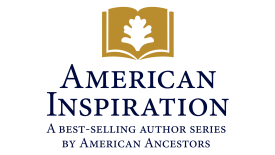Join American Ancestors featured author and a guest historian-expert for an insightful discussion of Nat Turner, Black Prophet, a bold reinterpretation of the causes and legacy of Nat Turner's rebellion. This new, definitive account offers a fresh look at Black history.
In August 1831, a group of enslaved people in Southampton County, Virginia, rose up to fight for their freedom. They attacked the plantations on which their enslavers lived and attempted to march on the county seat of Jerusalem, from which they planned to launch an uprising across the South. After the rebellion was suppressed, well over a hundred people, Black and white, lay dead or were hanged. The uprising was the idea of a single man: Nat Turner. An enslaved preacher, he was as enigmatic as he was brilliant. He was also something more—a prophet, one who claimed to have received visions from the Spirit urging him to act.
With co-author Gregory P. Downs and moderator-historian Vincent Brown of Harvard, we’ll unpack how and why Nat Turner inspired the largest enslaved people’s rebellion in the US between 1811 and 1861 and became an enduring icon of resistance. Nat Turner, Black Prophet, a narrative history by the late historian Anthony E. Kaye and Downs, his collaborator, provides a new understanding of one of the nineteenth century's most decisive events.
Partner:
American Ancestors
Boston Public Library
Ford Hall Forum
